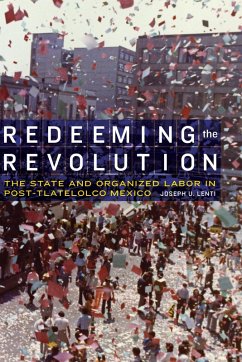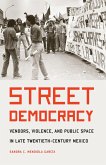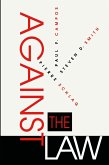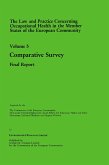A tale of sin and redemption, Joseph U. Lenti's Redeeming the Revolution demonstrates how the killing of hundreds of student protestors in Mexico City's Tlatelolco district on October 2-3, 1968, sparked a crisis of legitimacy that moved Mexican political leaders to reestablish their revolutionary credentials with the working class, a sector only tangentially connected to the bloodbath. State-allied labor groups hence became darlings of public policy in the post-Tlatelolco period, and with the implementation of the New Federal Labor Law of 1970, the historical symbiotic relationship of the government and organized labor was restored. Renewing old bonds with trusted allies such as the Confederation of Mexican Workers bore fruit for the regime, yet the road to redemption was fraught with peril during this era of Cold War and class contestation. While Luis Echeverría, Fidel Velázquez, and other officials appeased union brass with discourses of revolutionary populism and policies that challenged business leaders, conflicts emerged, and repression ensued when rank-and-file workers criticized the chasm between rhetoric and reality and tested their leaders' limits of toleration.
Dieser Download kann aus rechtlichen Gründen nur mit Rechnungsadresse in A, B, BG, CY, CZ, D, DK, EW, E, FIN, F, GR, HR, H, IRL, I, LT, L, LR, M, NL, PL, P, R, S, SLO, SK ausgeliefert werden.









